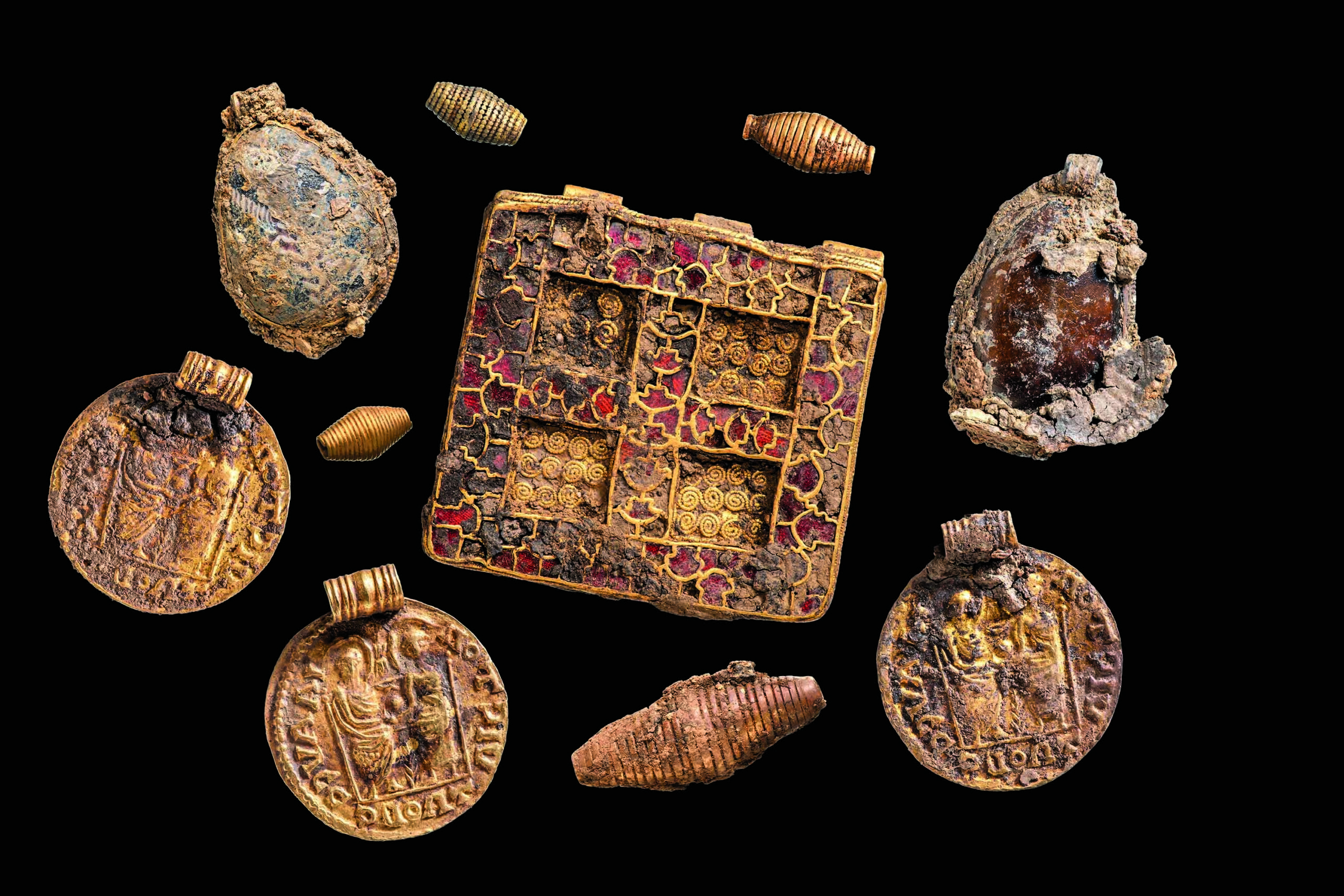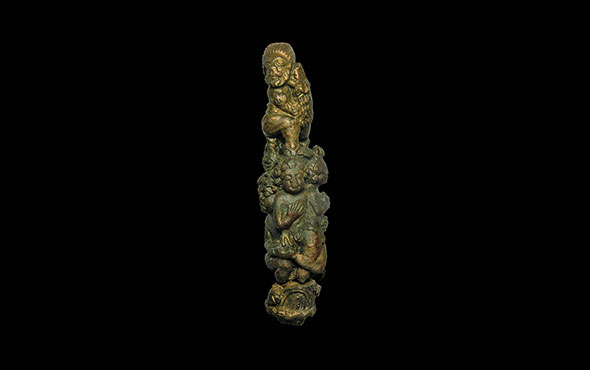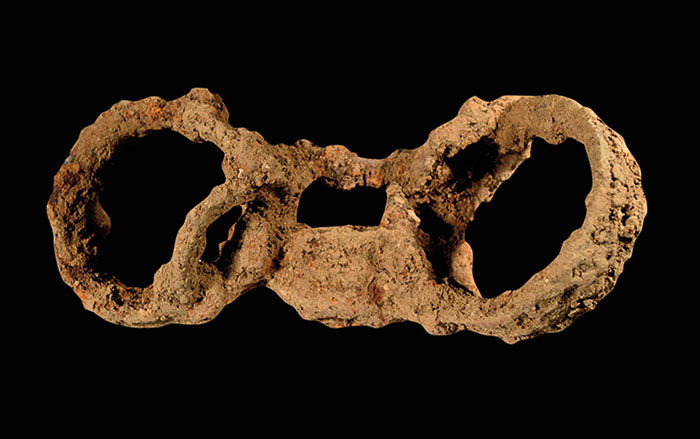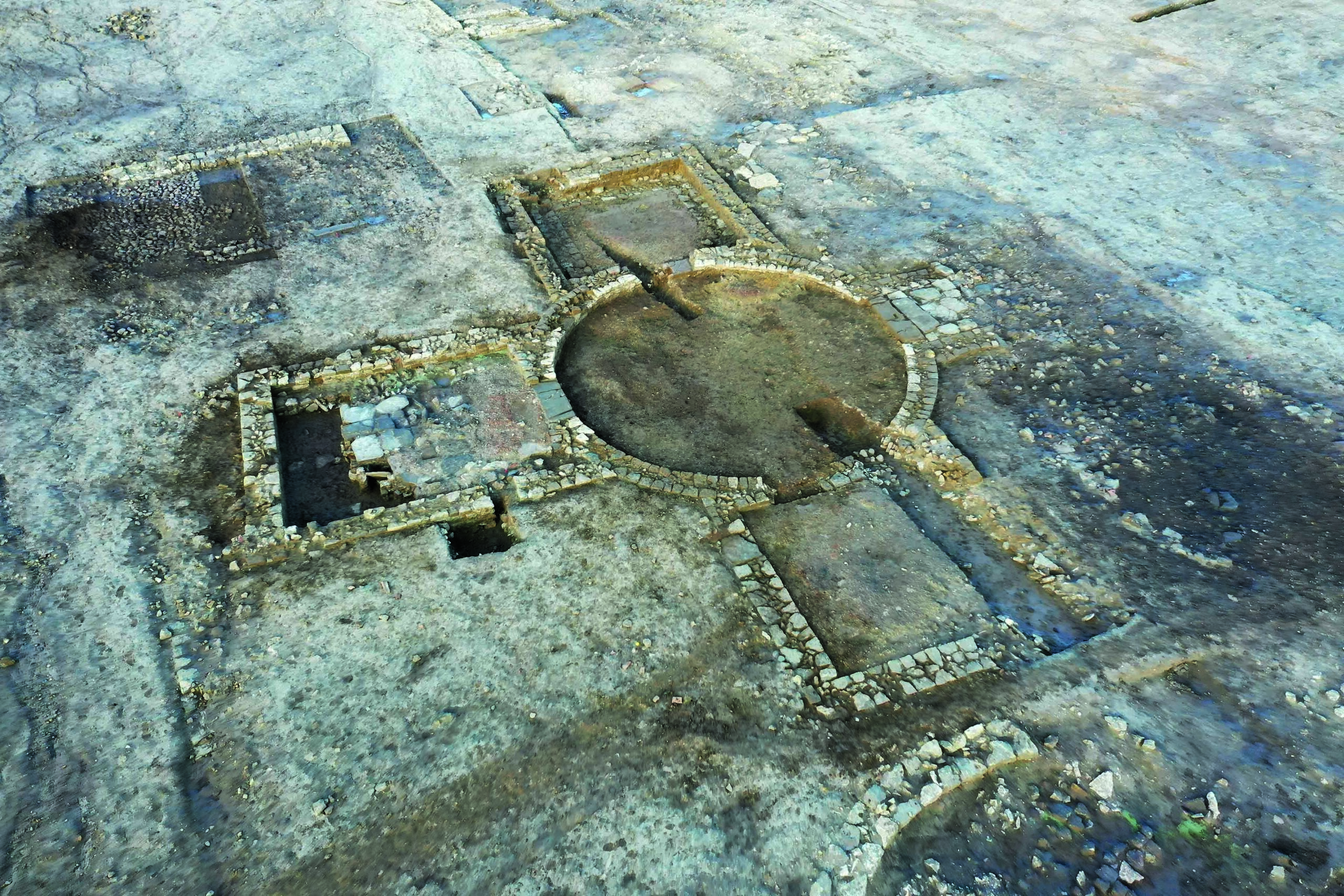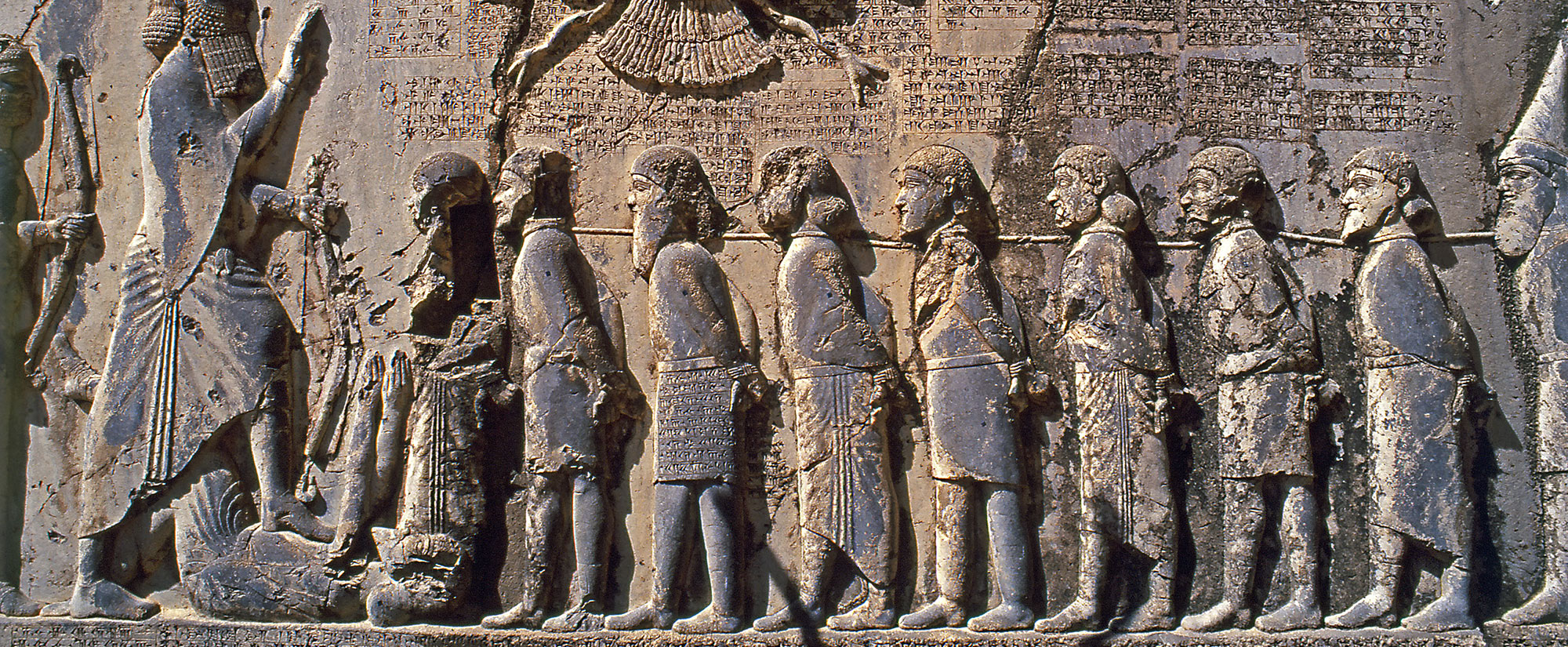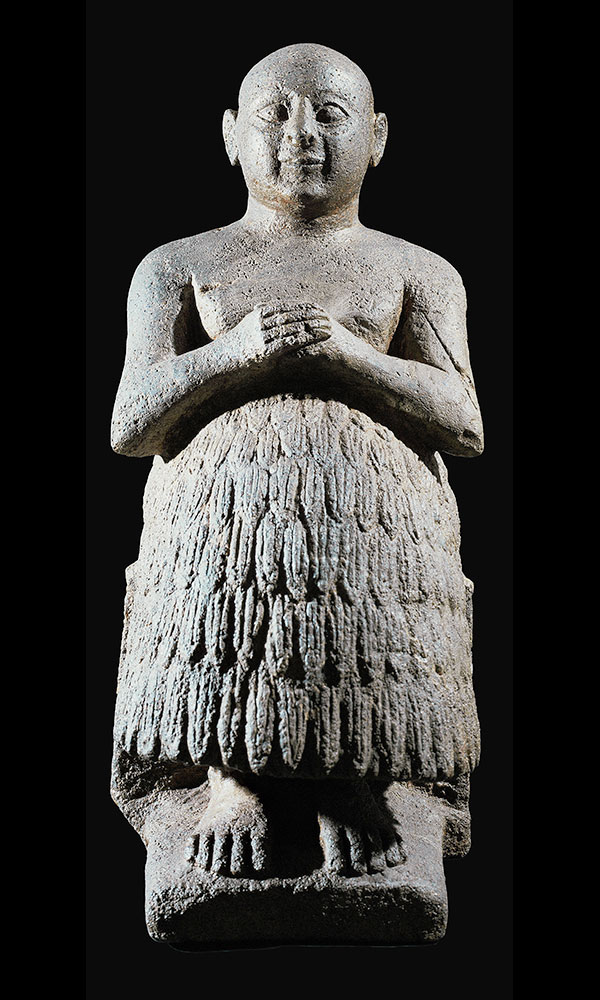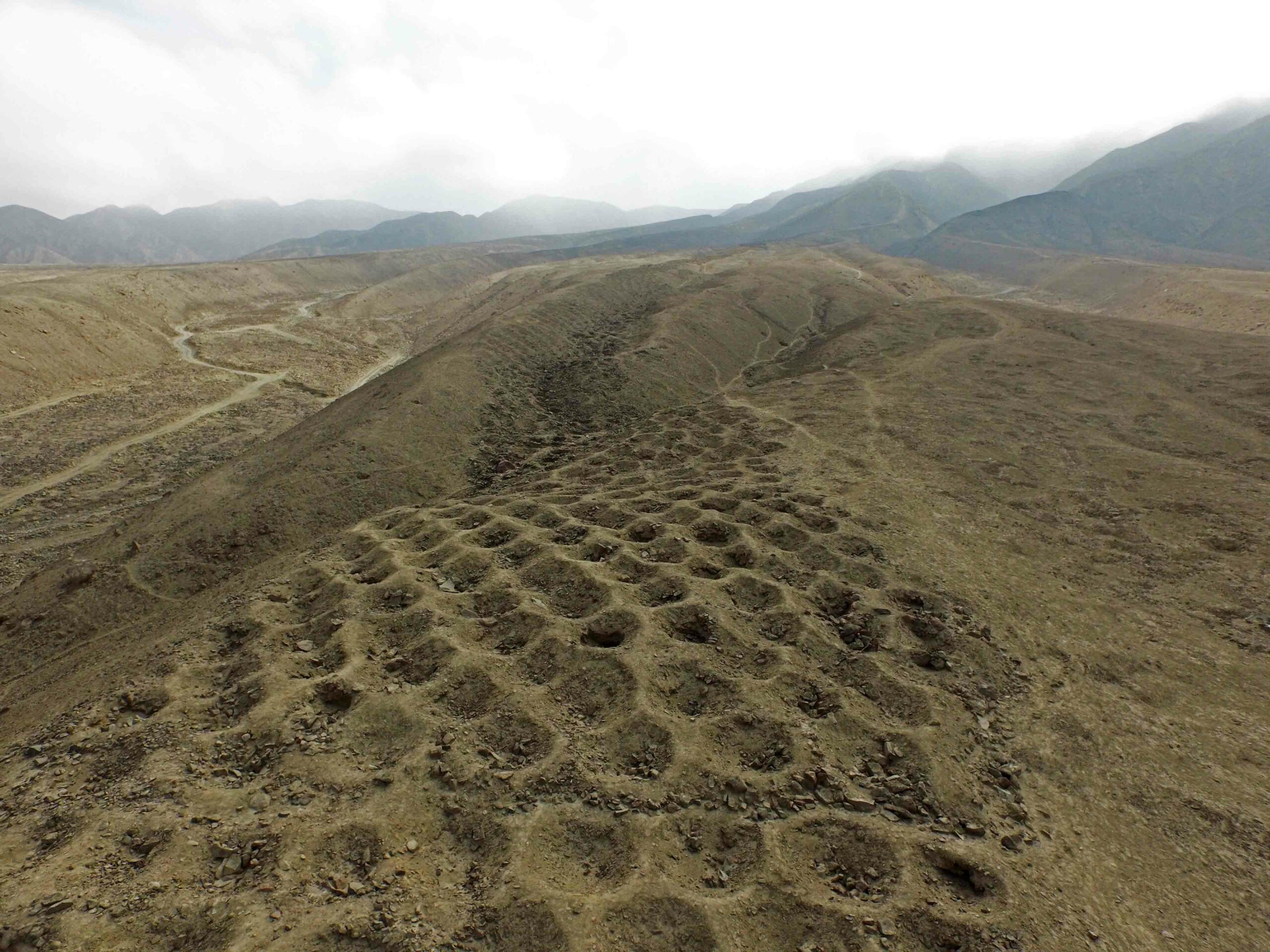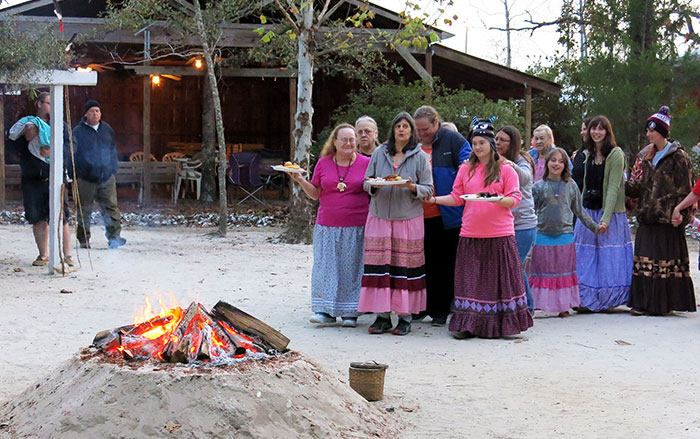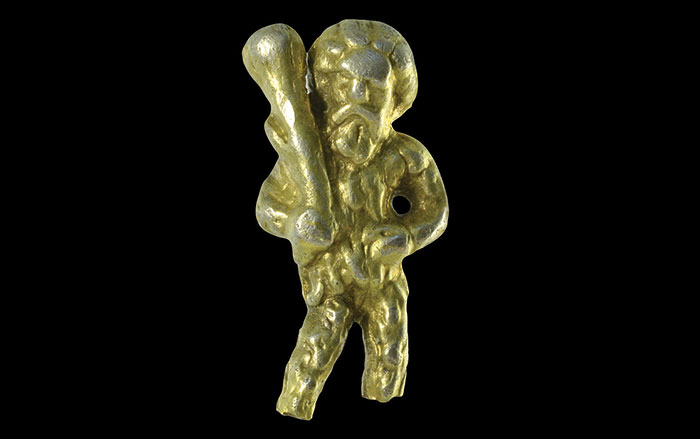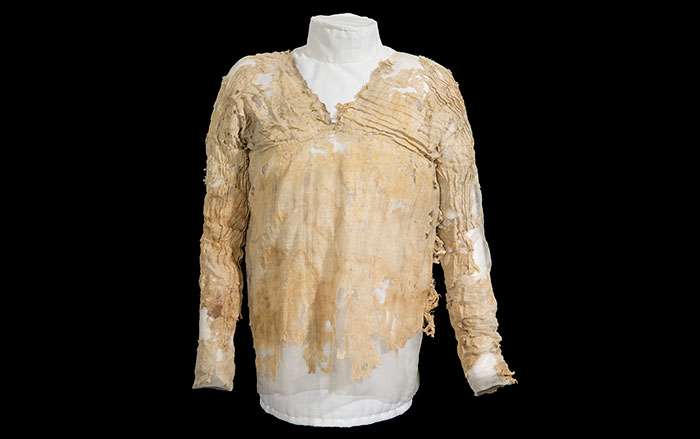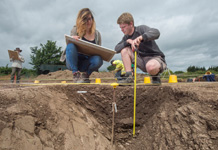
IPPLEPEN, ENGLAND—Coins, a road, and imported pottery vessels suggest that Roman influence stretched further into southwest Britain than had been previously thought, according to a report in The Guardian. Archaeologists from the University of Exeter, the Portable Antiquities Scheme, Devon county council, and Cotswold Archaeology began searching for a Roman settlement after metal detectorists discovered 150 Roman coins in an unexpected area. They think the road was probably constructed by the Roman army in the first century A.D., and was maintained over a period of 300 years. The team also found a cemetery near the road that was in use between the sixth and eighth centuries. Handles from amphoras that held wine, oil, and fish sauce have also been found. “The presence of these kinds of vessels demonstrates that the people living here were at least influenced in some way by the Romans—they have adopted Romanized ways of eating and drinking which shows that some of the locals developed a taste for Mediterranean products such as wine and olives,” said Danielle Wootton, Devon finds liaison officer. For more on Roman finds in England, go to "A Villa under the Garden."


